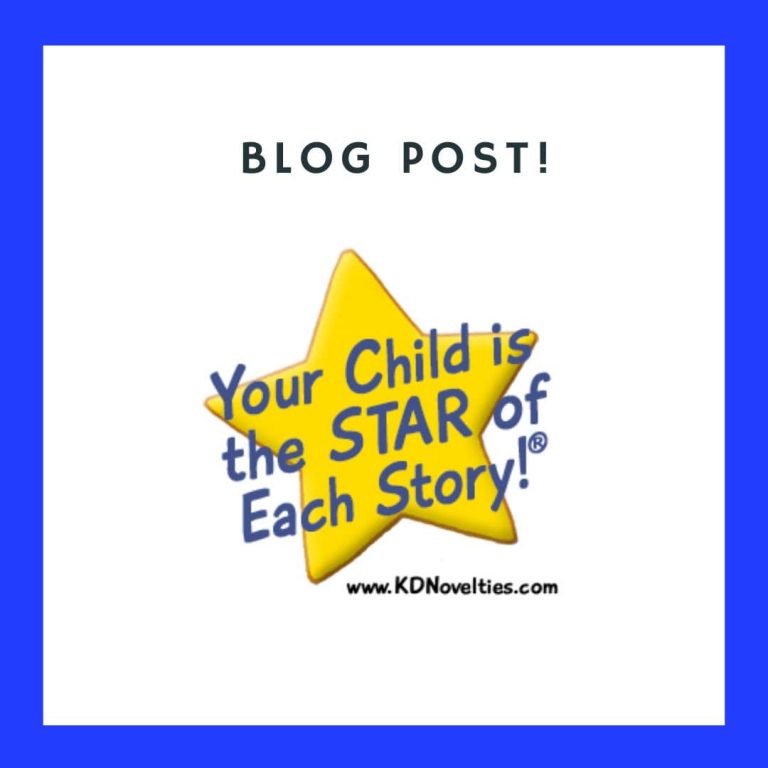Activities like reading can do a lot to engage a child’s brain by stimulating their imagination, boosting their cognitive thinking, and critical problem-solving skills, as well as teaching them how to be empathetic or how to understand abstract ideas. Reading can be a challenge for parents of children with learning disabilities and other special needs, and the benefits of reading can be challenging as well. Like any kid with reading, or other activities, it helps to find out what works best for your child and what methods may help engage them to read, encourage them to improve their skills, and to get the most out of the experience overall.
Make it Interactive
Many kids with special needs, especially those on the spectrum, use their brains to understand the world around them in different ways. By stimulating more of your child’s senses in a more visual and tactile manner can help reading come alive for them and engage them in ways that just reading alone may not be able to. Alternatively, some kids respond more to certain types of stimulation than others, too. For instance, some kids may be audible learners and others may be visual learners. Try to appeal to what makes the most sense for them.
Certain activities can be more than just fun interactive things to do in addition to or in conjunction with reading, but they can help play to the particular strengths of kids with special needs. Provide a child with ADHD who learns best by moving by making a game out of it. For a child with Down Syndrome who loves imitating the world around them, recreate stories and scenes with stuffed animals or puppets for an audience of family members.
Find Common Ground
Many kids tend to fixate on certain topics, characters, or things whether they be a character from a cartoon or movie, a hobby like trains, or they may be hyper-focused on a particular subject like outer space. These interests can influence what kinds of toys and activities your child likes to seek out and enjoy, but it can also help you find books that might interest them too. Identify what appeals to your child on other levels – what kind of toys or activities do they generally enjoy? What are their favorite shows and movies? Looking for books about these things or books that feature certain topics, events, or other features can be what draws your child into reading. If there is a book about something they like and already engage with, reading about it can be another thing they can enjoy as well.
Relevant Struggles
Kids with special needs may struggle with reaching milestones at certain ages, and reading may be one of them. Finding a book that helps kids with these struggles, whether it is a book that helps teach them to read or about a particular subject like potty training or riding a bike, will engage them in new and creative ways. Stories of another child going through the same struggle as them can make children feel empowered and less alone but also more inclined to reading. Reading is an essential life skill, but it can also open kids up to learning new things about the world around them, but most importantly themselves. Books about other topics, subjects and ideas can be helpful, but a book that resonates with your child on a more personal level may be the thing that really gets them hooked on reading or helps them feel more comfortable with themselves.
Finding Role Models
Kids with special needs may struggle with issues revolving around self-image and their own self-confidence, so in addition to finding books about similar struggles, you can also find books about famous people with learning disabilities and other handicaps. This can help kids realize that they can accomplish anything, too, and that their special need or disability does not limit them as much as other people may say they do. You can look for books about people like author, political activist, and lecturer Helen Keller (deaf and blind), Noble Prize-winning geneticist Carol Greider (learning disabilities), film director Steven Spielberg (ADHD), and animal scientist Temple Grandin (autistic spectrum disorder).
